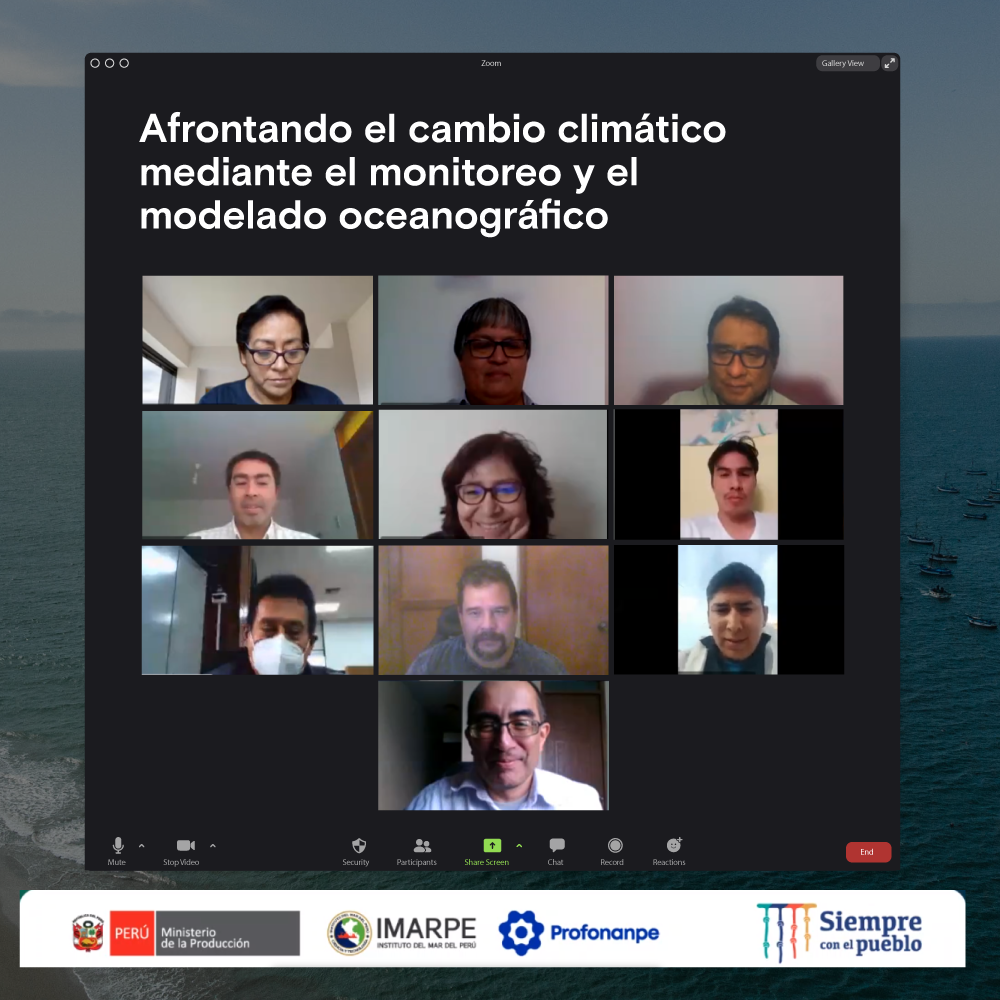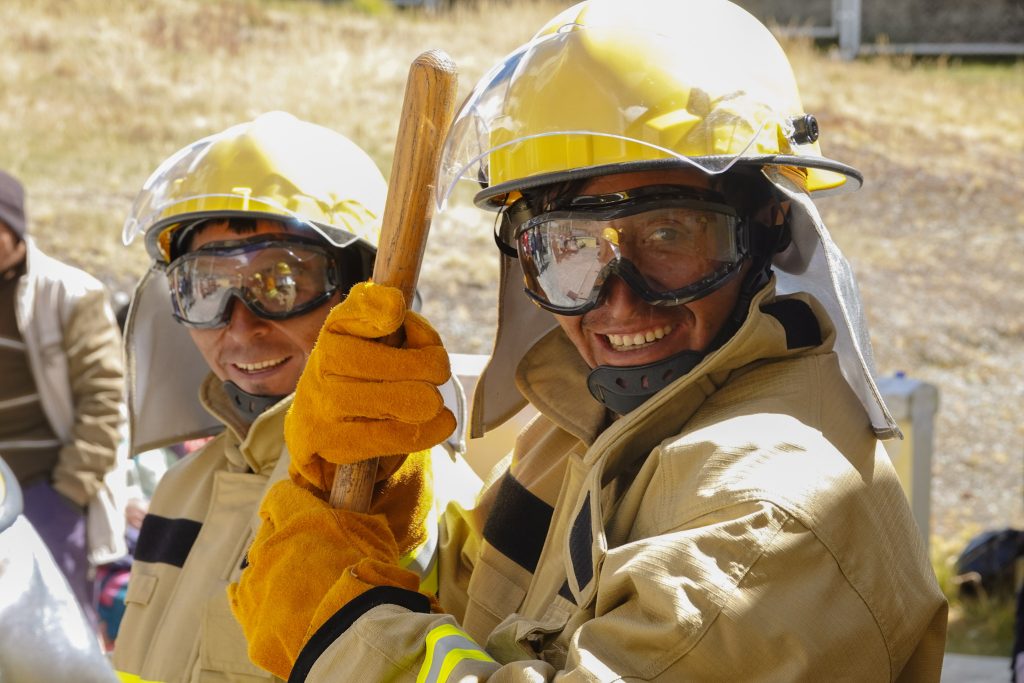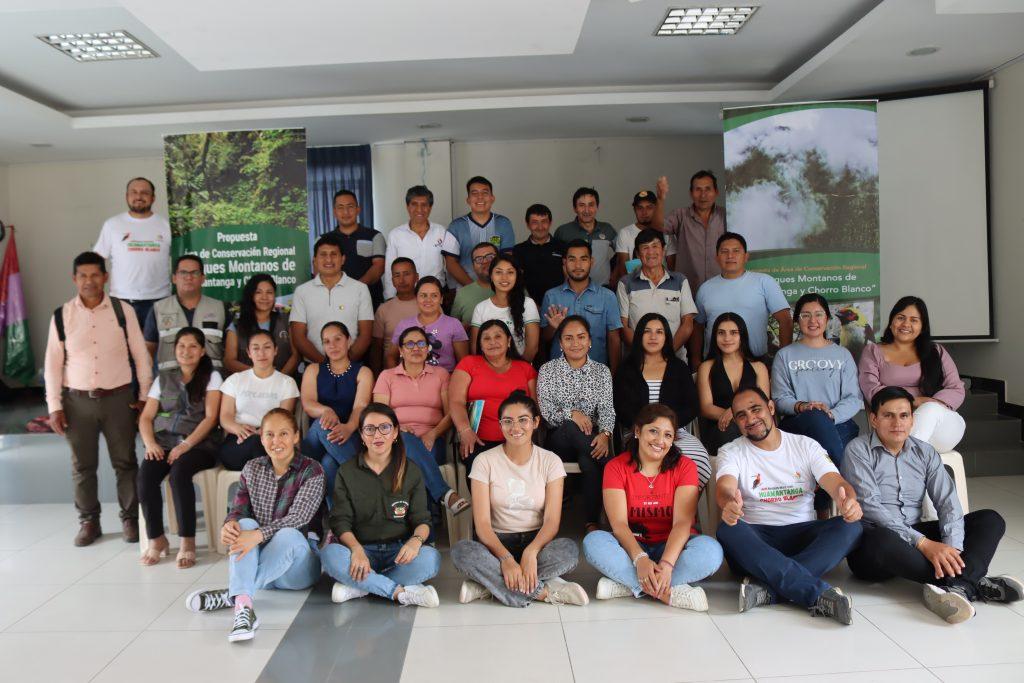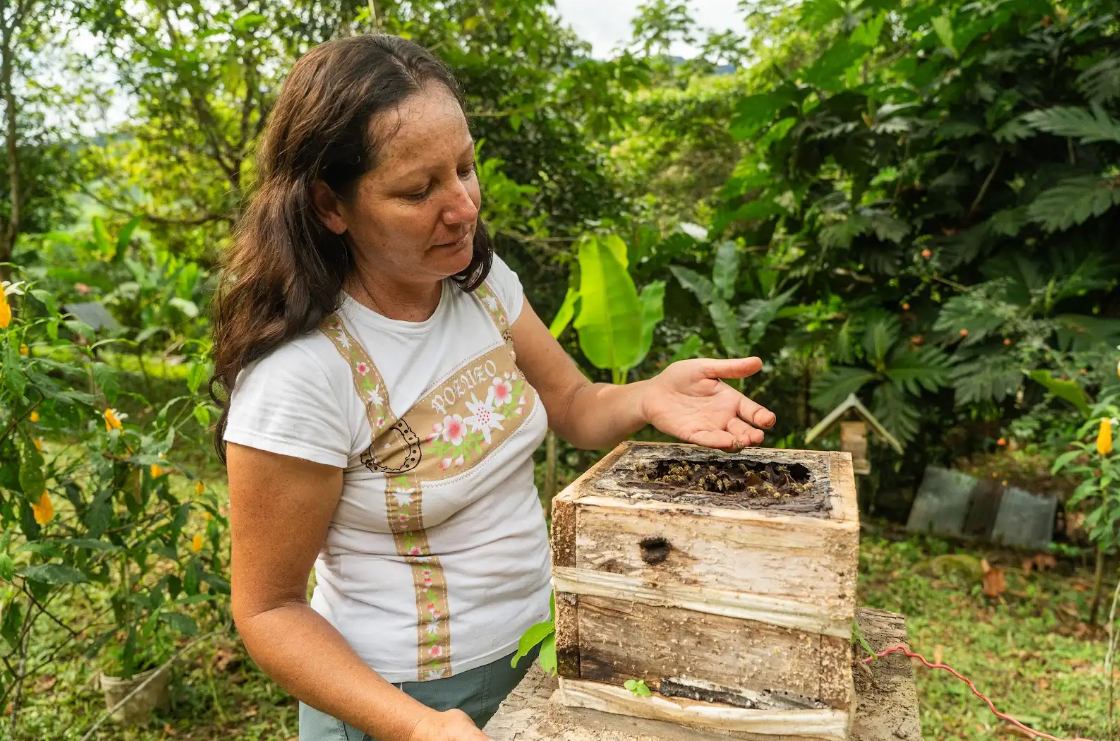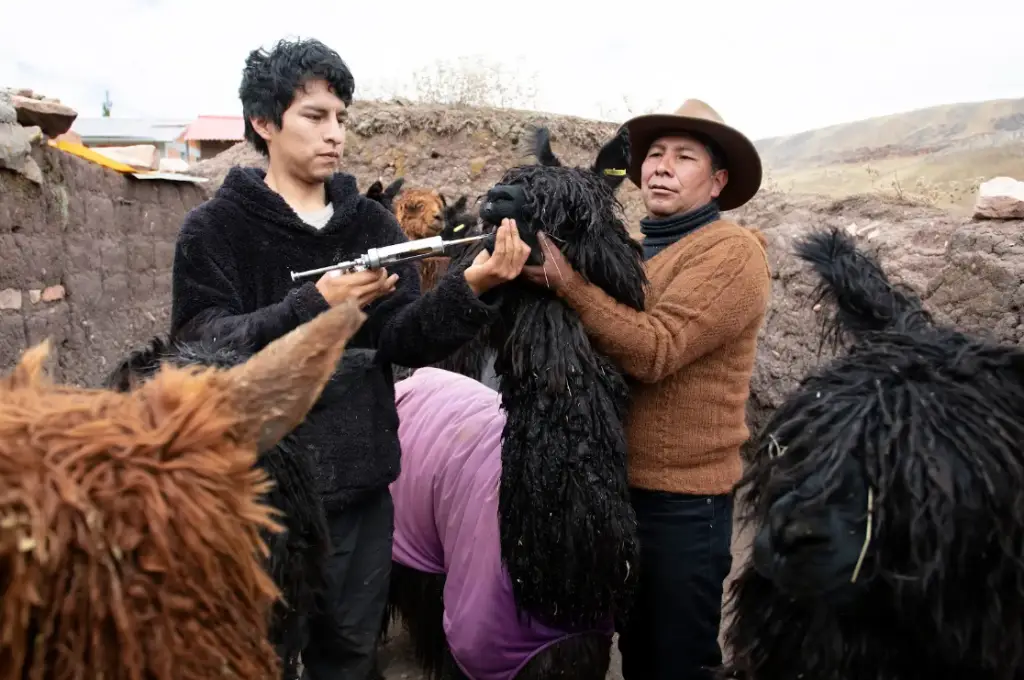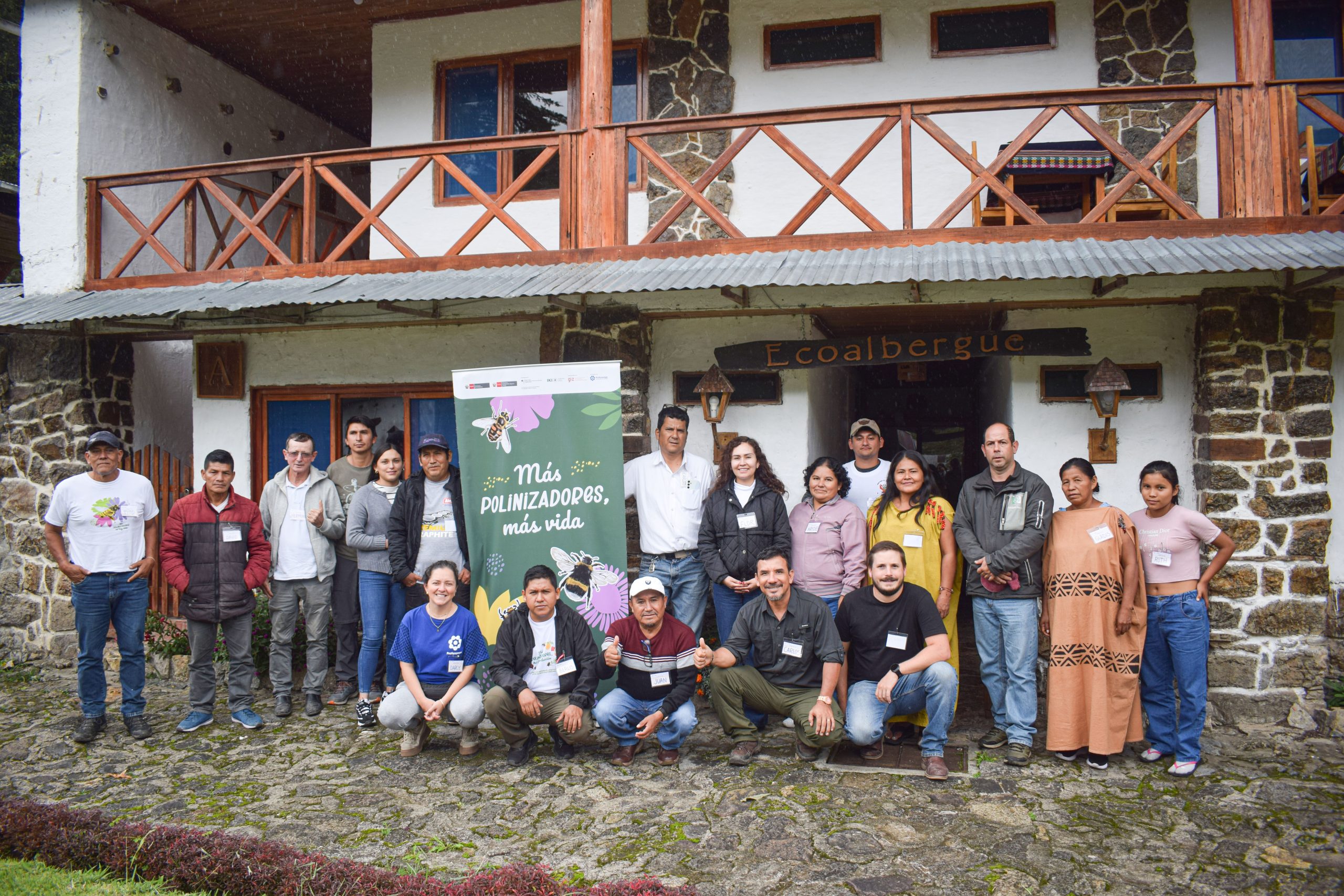Within the framework of the Coastal Marine Adaptation (CMA) project executed by the Peruvian Ministry of Production (PRODUCE) and Instituto del Mar del Perú (IMARPE), and implemented by Profonanpe, a new cycle of webinars was launched to present the progress and results obtained with the climate and oceanographic monitoring system.
During the meeting, the importance of using the gliders acquired by Imarpe and Profonanpe in 2020 was highlighted. As recalled, three gliders were purchased and used for the automatic monitoring of different marine-coastal areas where the project is being developed.
Noel Domínguez, IMARPE researcher, commented on how the gliders helped to detect real-time information about events that may occur in the marine ecosystem. Currently, the high variability of the Peruvian sea has been detected and the glider’s displacement can be tracked through Imarpe’s website.
Researcher Arturo Aguirre commented on the relationship between activities carried out near marine-coastal zones and climate change: “There are potential environmental stressors such as thermal anomalies, pollution, fishing, physical-chemical effects, among others, that are present on the Peruvian coast.” He also stressed the importance of environmental monitoring in these areas, as it helps to better understand risky oceanographic events and how to predict them.
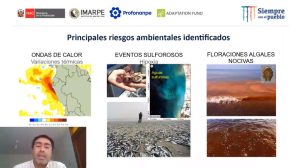
New dates for the webinars that will be held as part of the conference cycle will be announced soon. Find information and register through the social media of IMARPE (Facebook, Twitter) and Profonanpe (Facebook, LinkedIn and Twitter).
About the Coastal Marine Adaptation Project
The project “Adaptation to the impacts of climate change on Peru’s coastal marine ecosystem and fisheries” focuses its interventions in two pilot areas: Huacho (Punta Salinas – Végueta) and Máncora (Cabo Blanco), to reduce the vulnerability of coastal communities to the impacts of climate change on coastal marine ecosystems and their fishery resources.
In 2016, the project was approved for financing, through Profonanpe, from the Adaptation Fund. The project is being implemented by the Ministry of Production, in coordination with Instituto del Mar del Perú (IMARPE).


